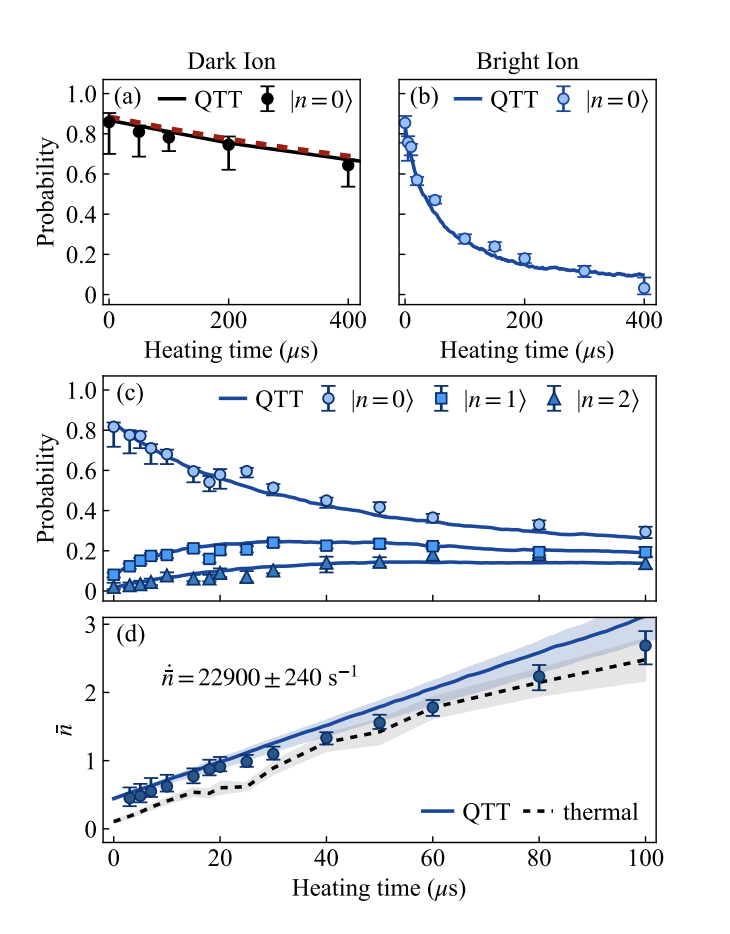News:
- October-18-2024:
Guest Lecture from Dr. Brian DeSalvo (Quantinuum)
Senior Research Scientist at Quantinuum, Dr. Brian DeSalvo, led a disscussion based on his experence, background, and role at one of the fastest developing quantum computing companies in the United States as of today. We disscussed what it is researchers in the industry are looking for in their workforce, as well as many of the exciting scientific developments that Quantinuum has accomplished and layed out for the future.
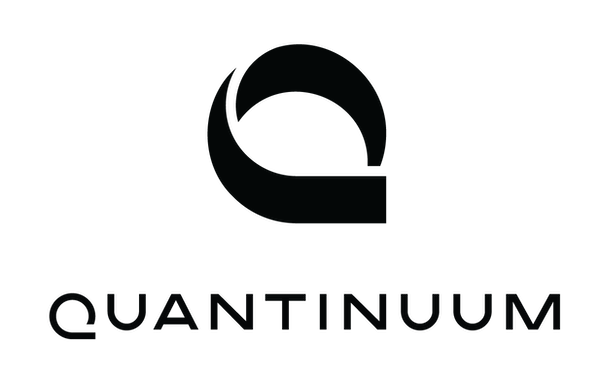
- October-3-2024:
Guest Lecture from Prof. Bill Coish (McGill)
Abstract: The holy-grail of quantum technologies will be to build a large-scale universal fault-tolerant quantum computer – one where the quantum states live exponentially longer the larger it is. Reaching this limit and exploiting these new long-lived quantum states are enormous challenges for science and engineering. Despite spectacular progress on this front in the last few years, there remain significant hurdles to overcome in scaling the current small-scale devices to a size that will allow real computational advantage. I will discuss strategies that are being explored to overcome some of these scaling issues, with a focus on technologies that exploit the well-tested fabrication advantages of the semiconductor industry.
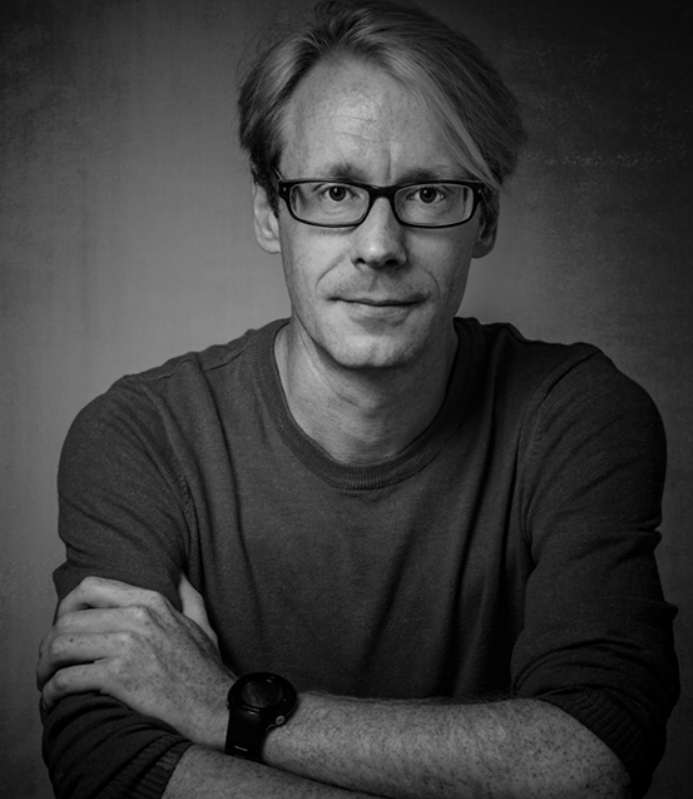
- September-10-2024:
Quantinuums roadmap for fully fault-tolerant quantum computing by 2030
Quantinuum has recently unveiled a roadmap for acheiving fully fault-tolerant quantum computing by 2030. You can read more about this announcement here.
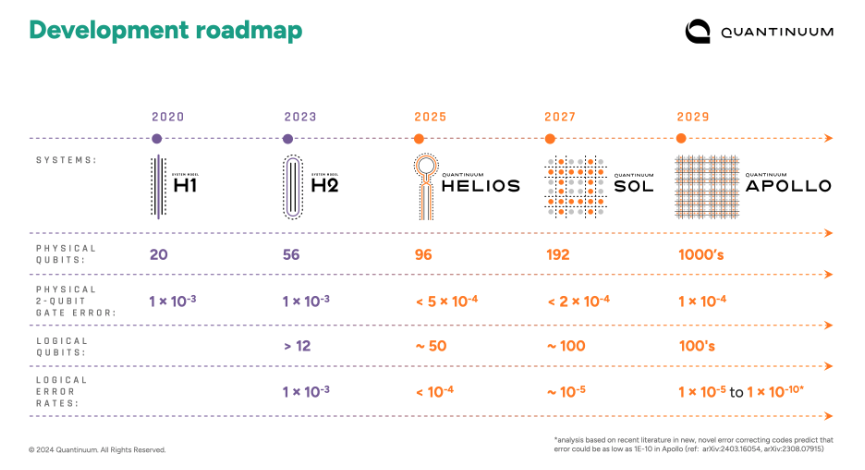
- August-21-2024:
Grant for advancing boundary-pushing experimental physics
Associate professor of physics, Phil Richerme, has been named to the third cohort of the Gordon and Betty Moore Foundation's experimental physics investigators. Read more about the grant here!
- August-4-2024:
Chicago Quantum Exchange
The Chicago Quantum Exchange is a intellectual hub in the midwest connecting universities, national labs, and industry partners for advancing quantum information science and engineering. Here you can find loads of information as well as connections to active researchers throughout the midwest. Check out their website here.

- August-1-2024: PsiQuantum's new Quantum and Microelectronics Park!
PsiQuantum, a quantum computing hardware company using a photonic based architecture has recently announced a plan for building a new quantum and microelectronics park in the Chicago area. A large part of PsiQuantum's effort in quantum computing is to leverage existing technology manufacturing and development techniques. You can read the full announcement here.
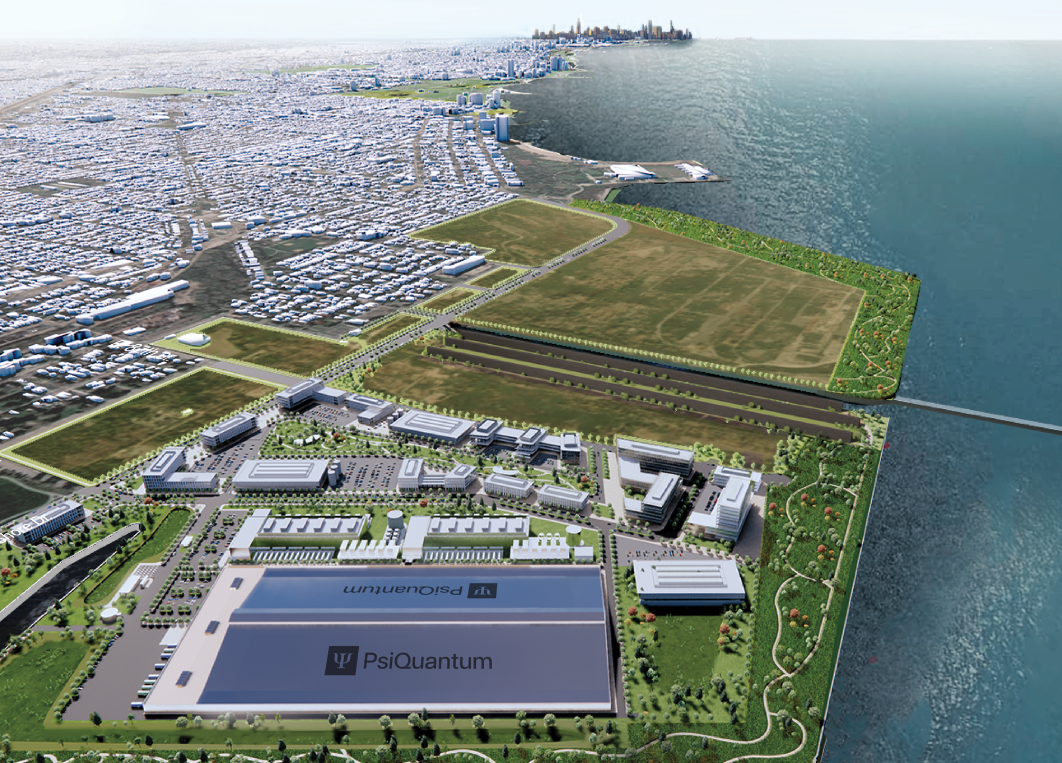
- June-27-2024: Recent paper from one of our own executive board members!
QuTE secretary, Anurag Dwevedi had a paper released on arXive on quantum nuclear dynamics using ion trap quantum computing hardware.
- May-6-2024: 2024-2025 Executive Board!
We have a newly elected QuTE executive board for the 2024-2025 academic year!
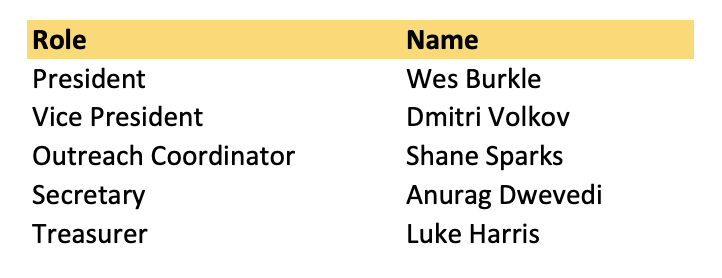
- April-17-2024: Measurment induced heating paper on arXive!
Find arXive link here. Heating is detrimental to the operation of trapped ion quantum computing hardware. The most well known source of heating, often reffered to as "anamolous heating", heavily dictaces the entirety of the trap design and fabrication process. This paper is a study from a different kind of heating source, which is induced by the measurement of a trapped ion quantum state.
